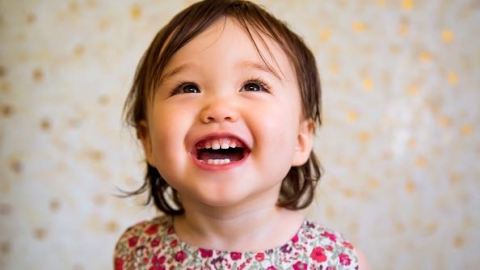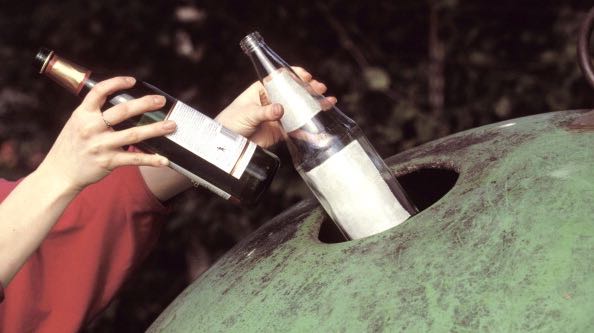Laughter Helps Toddlers Learn Better

There’s nothing quite as infectious as a toddler’s laugh, and BPS reports that new research shows how moments of the giggles are an opportune time for tots to learn.
Rana Esseily headed up a study where her colleagues split 53 18-month-olds into two groups to see if laughter would help the little ones learn how to reach a toy duck with a cardboard rake. One group (comprised of 16 toddlers) was given a straight explanation as to how the wee ones could reach the duck with the rake. The other group was given a more humorous demonstration where 16 of the 37 toddlers laughed at the experimenter’s jokey show of how to get the duck with a rake. The researchers then set the stage for the toddlers to mimic what the experimenters had just showed them.
Of the toddlers that laughed, all but one used the rake to get the duck. While only 19 percent of the remaining toddlers in the jokey explanation group managed to mimic the experimenter and use the rake to grab the duck. In comparison, just 25 percent of the toddlers in the non-jokey explanation group managed to figure out they were supposed to use the rake to grab the duck.
The researchers concluded in their paper:
“Our results suggest that laughing might be a stimulant of learning even during the second year of life.”
They suggest that it may not be the laughter that helps, but rather a positive emotion to associate with the event that allows them to learn.
It’s often wondered when children begin to learn. Diane Ravitch, a research professor of education at New York University, says that the first five years of life — before they even enter a classroom — are crucial to education and setting attitudes for kids.





